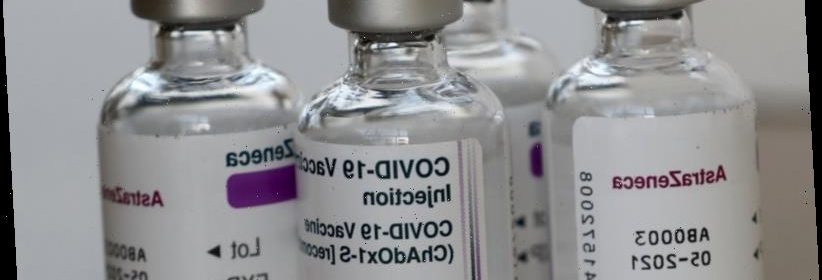EU rejects accusations of ‘vaccine nationalism’ after Australian shipment blocked

Brussels: European Council President Charles Michel has rejected charges of “vaccine nationalism” levelled against the EU, and said that while Britain and the United States have outright bans on exports of COVID-19 shots, the EU had not stopped exporting.
The EU has found itself under fire at home for a vaccine rollout far slower than those of former member Britain or the US, and abroad for so far doing less than China, Russia or India to supply vaccines to poor countries.
Last week, Italy blocked a shipment of AstraZeneca vaccines to Australia.Credit:AP
Last week it annoyed vaccine buyers abroad by backing an Italian decision to halt a shipment to Australia.
In a lengthy statement Michel, who represents the leaders of the 27 European Union member states, laid out a defence of the bloc’s strategy. He said that without Europe, it would not have been possible to develop and produce several vaccines in less than a year, and EU solidarity had helped poor countries get first doses.
He took aim at the “highly publicised” supply of vaccines by China and Russia to other countries.
“We should not let ourselves be misled by China and Russia, both regimes with less desirable values than ours, as they organise highly limited but widely publicised operations to supply vaccines to others,” he said. He also noted that China and Russia had both vaccinated fewer people at home than the EU.
“Europe will not use vaccines for propaganda purposes. We promote our values,” he said.
He defended a system to control the export of doses produced in EU countries, invoked by Italy last week to block a shipment of AstraZeneca shots to Australia.
“Our objective: to prevent companies from which we have ordered and pre-financed doses from exporting them to other advanced countries when they have not delivered to us what was promised,” Michel said. “The EU has never stopped exporting.”
He said that the EU will become the world’s leading vaccine producer in the coming months and was the best equipped to adapt vaccine production quickly to virus mutations.
Reuters
What in the World
A note direct from our foreign correspondents about what’s making headlines around the world. Sign up for our weekly newsletter here.
Most Viewed in World
From our partners
Source: Read Full Article

